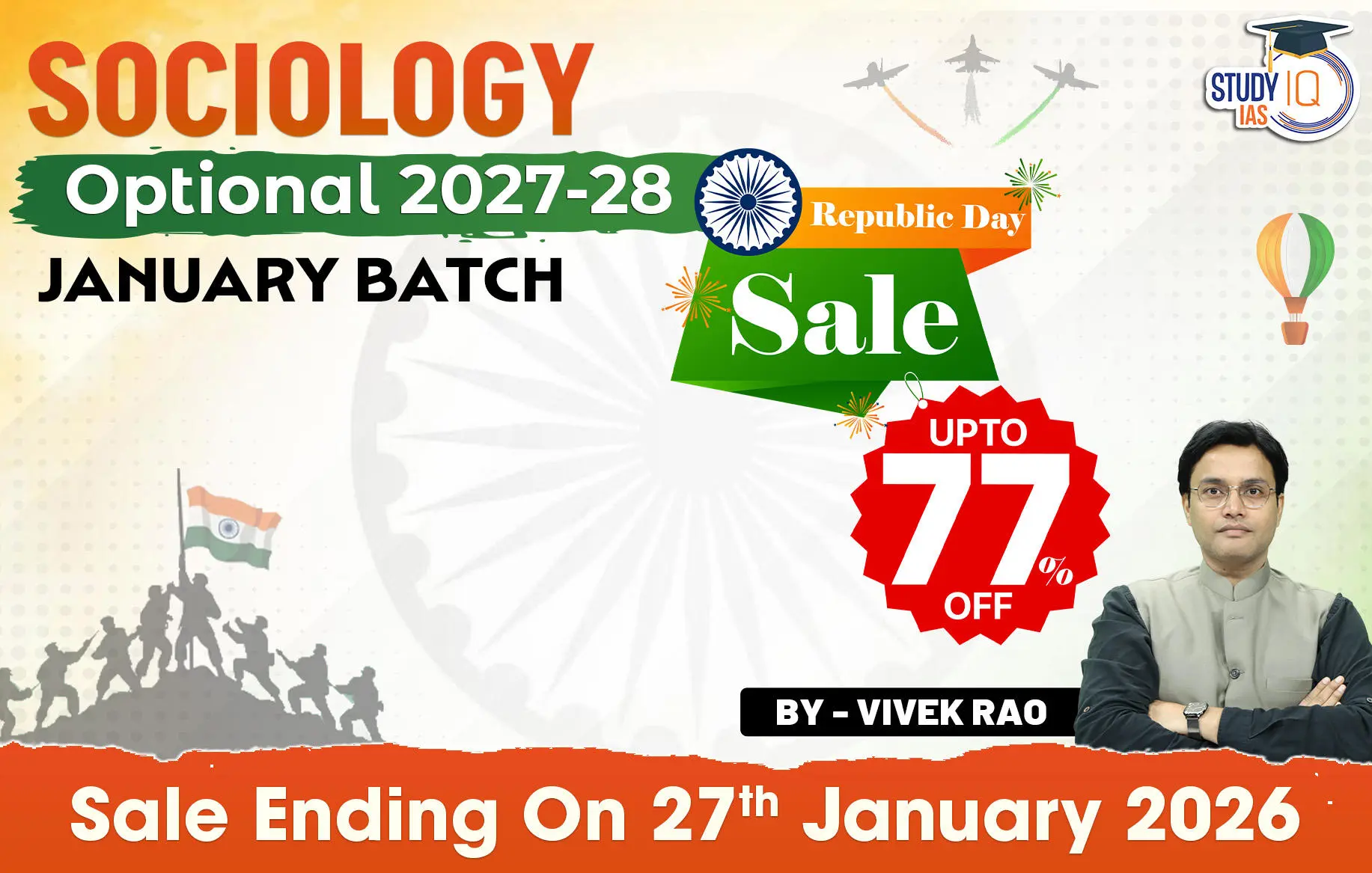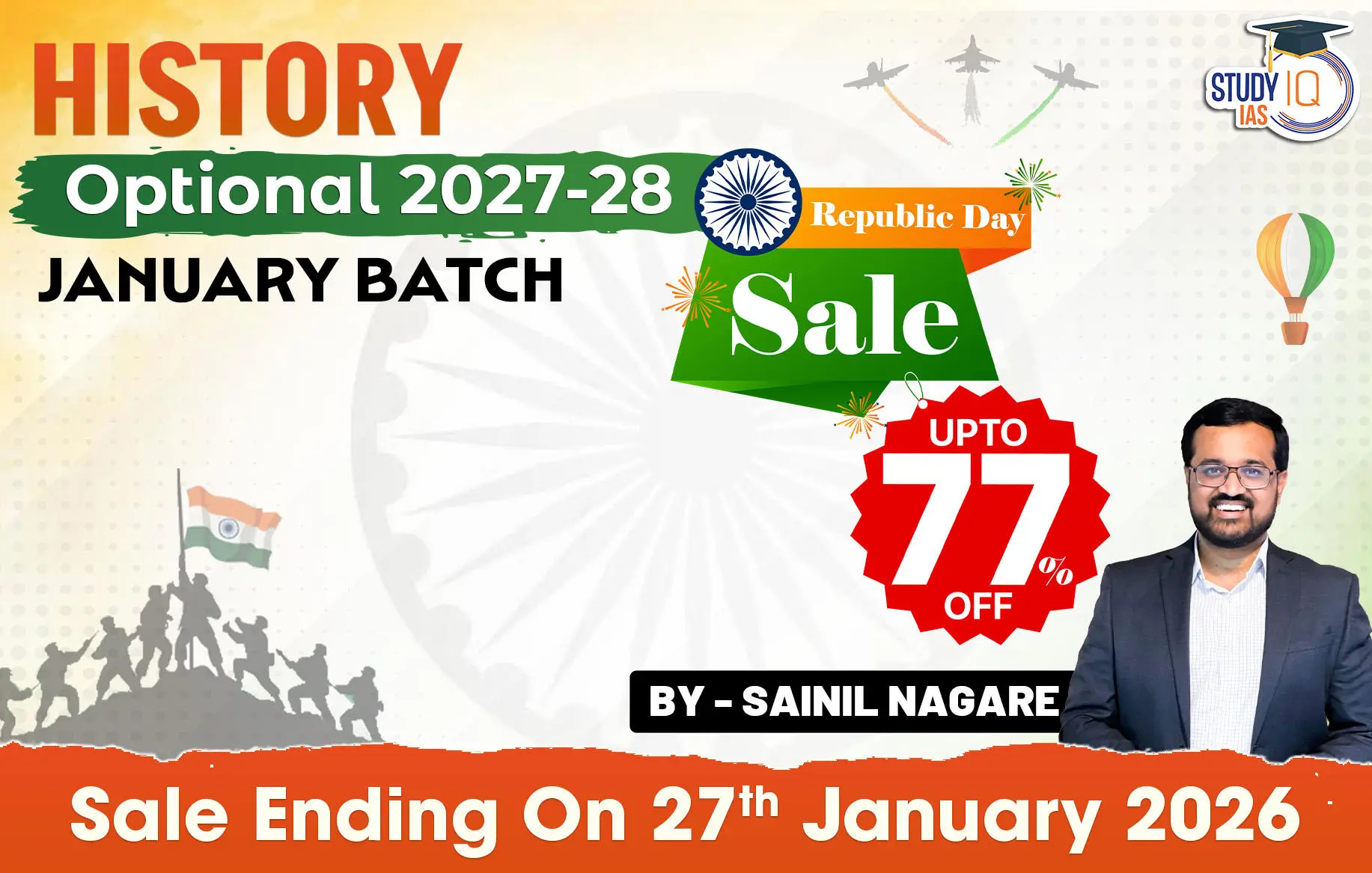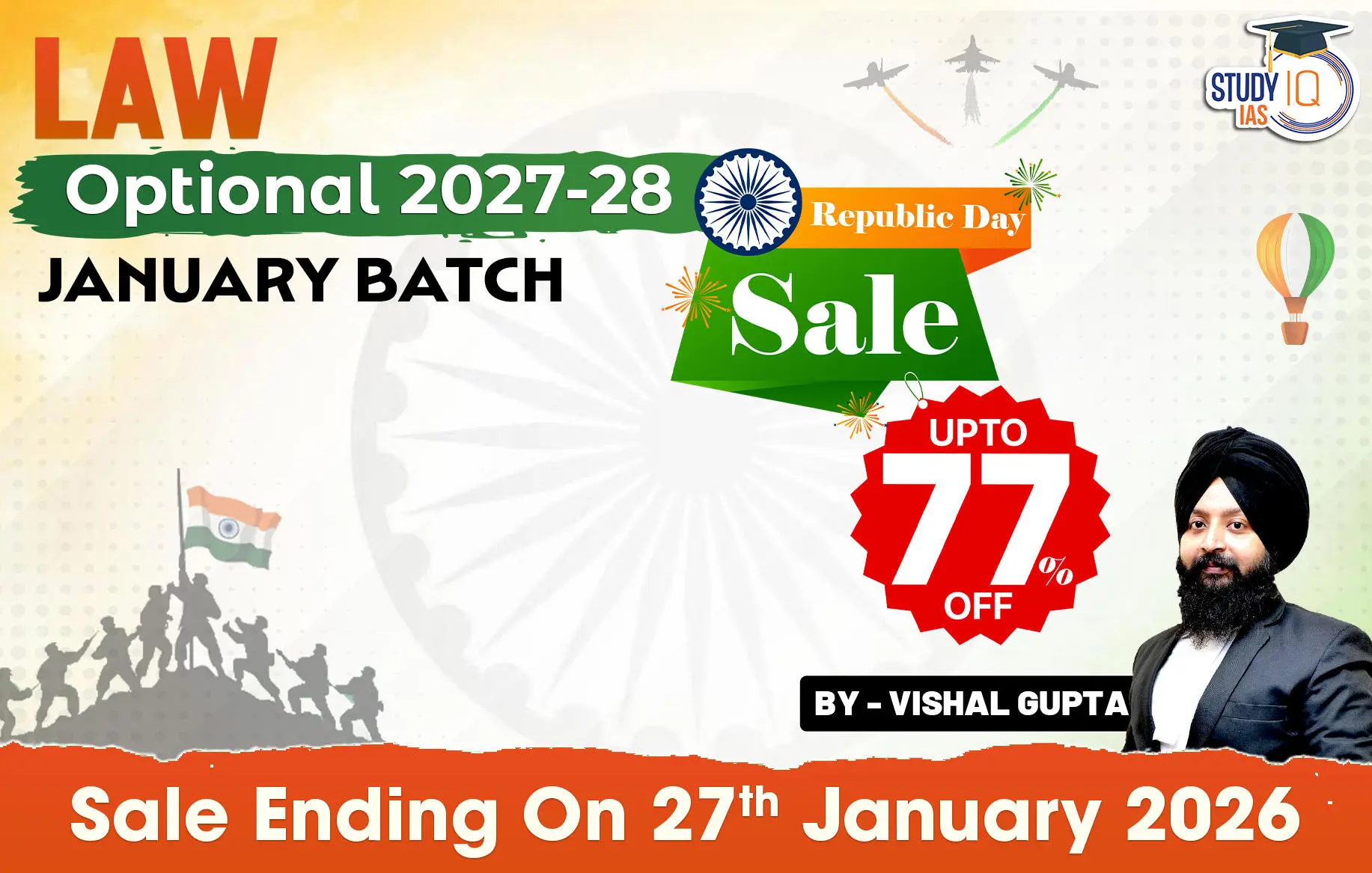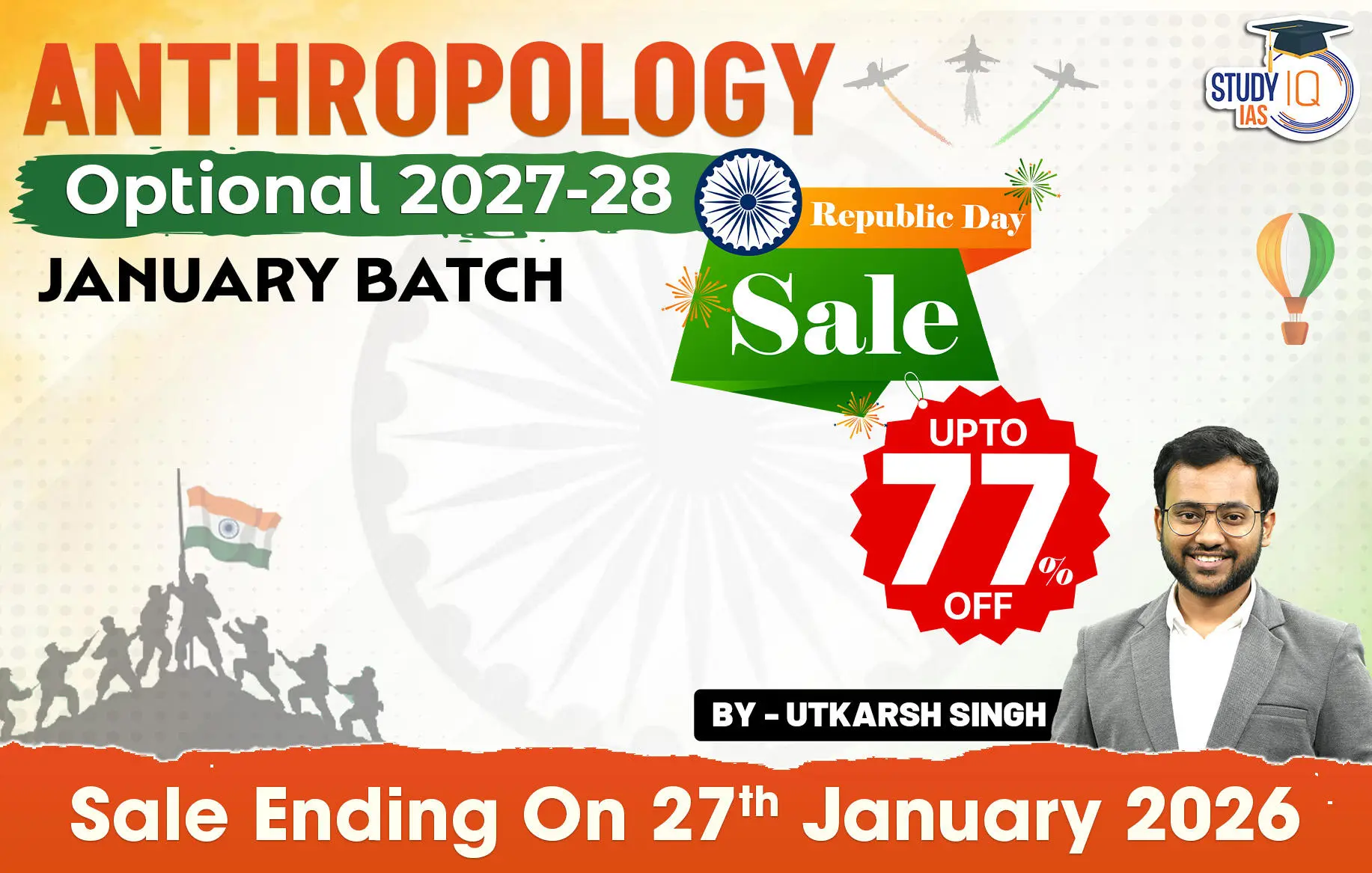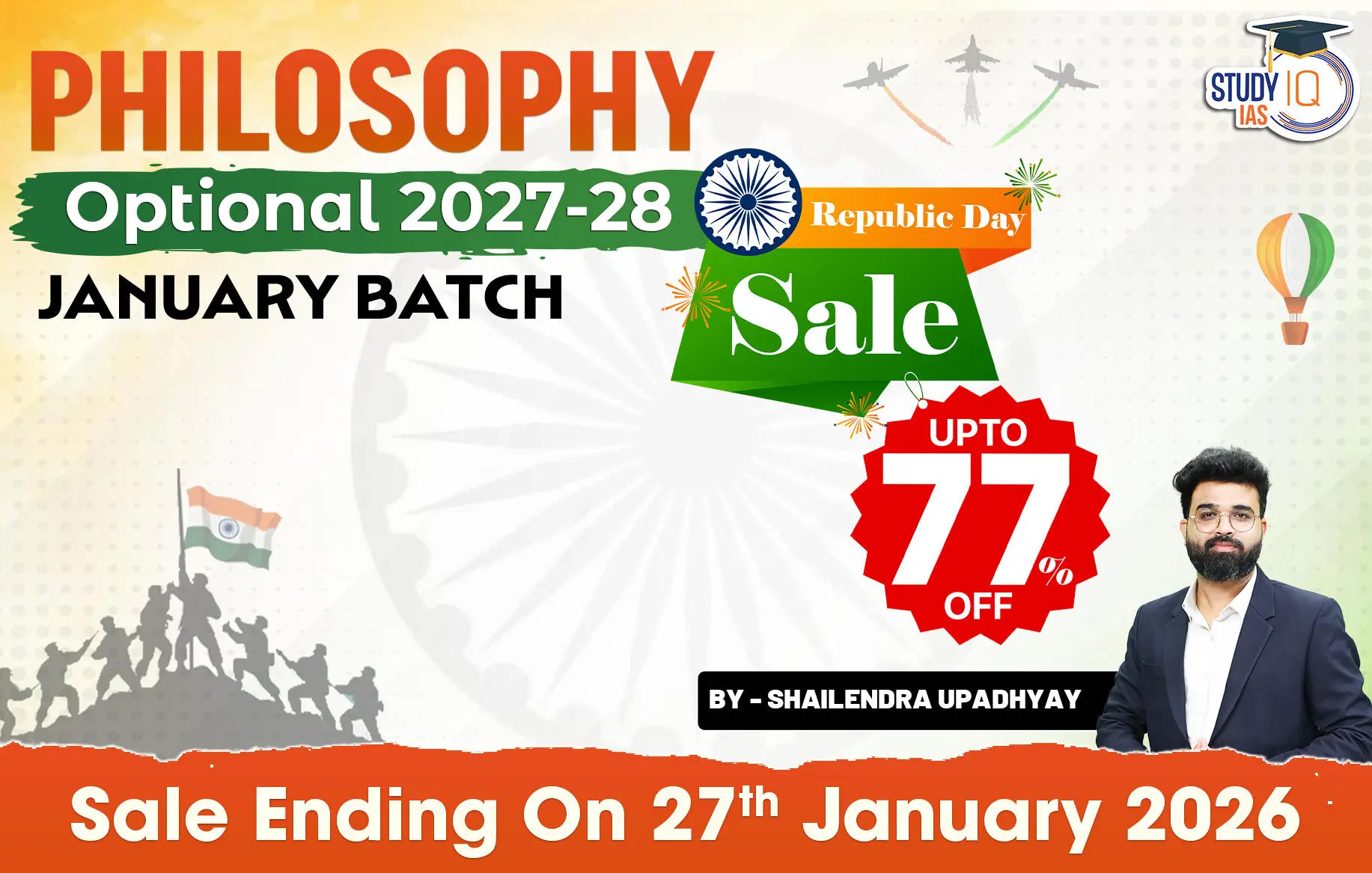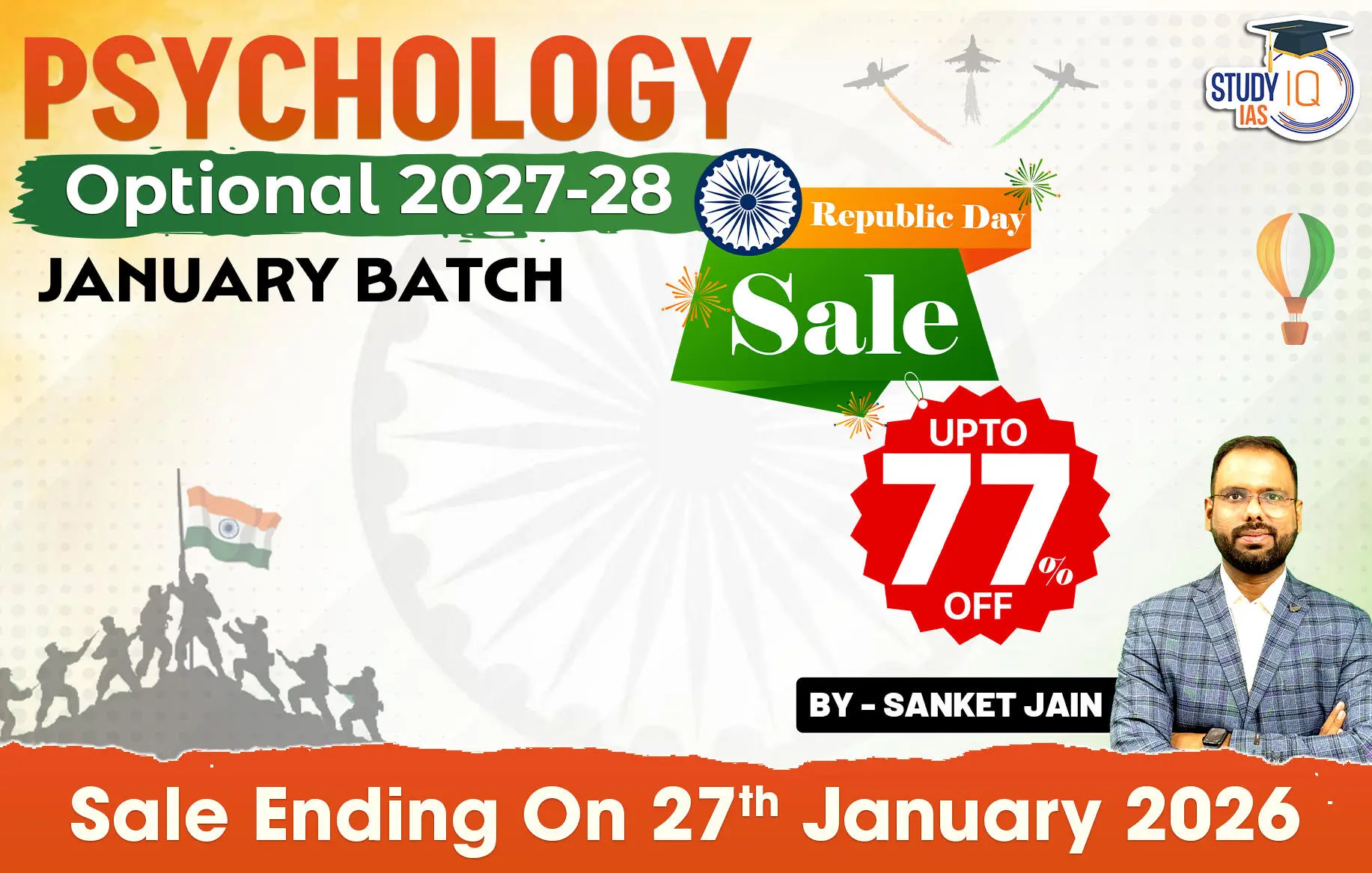Table of Contents
Context: A new study has identified EDE-like antibodies as a key factor for developing broad, cross-serotype immunity against dengue, offering new hope for effective vaccine development.
What is DENV (Dengue Virus)?
- DENV refers to Dengue Virus, which has four serotypes (DENV-1, DENV-2, DENV-3, DENV-4).
- It is the most common vector-borne viral disease, transmitted mainly by Aedes mosquitoes.
- Causes a global health burden, especially in Southeast Asia, Africa, and the Americas.
Earlier Vaccination Challenges
- Primary infection immunity issue: After the first dengue infection, initial immunity (primary immunity) may increase the risk of severe disease during a second infection with a different serotype (antibody-dependent enhancement).
- Non-neutralising antibodies can worsen the disease by helping the virus enter immune cells.
- Universal vaccine development is hard because immunity must work across all four serotypes.
- Past vaccines often only protected against one or two serotypes, leaving the risk for severe dengue after subsequent infections.
Transmission
DENV is essentially spread to humans by the bites of female Aedes aegypti mosquitoes, which are infected, but the Aedes albopictus mosquito may also act as a vector. These mosquitoes commonly breed near and within human housing in vessels containing stagnant water. The virus may be transmitted from an infected pregnant woman to her fetus and, occasionally, from blood or organ transplants.
Symptoms and Phases
Although most DENV infections are asymptomatic, an infected individual will usually go through three stages when experiencing a symptomatic case:
- Febrile Phase: Characterised by an abrupt onset of high fever (40°C or 104°F) for 2-7 days. Other symptoms include intense headache, eye pain behind the eyes, muscle and joint aches (hence the colloquial “breakbone fever” name), nausea, vomiting, swollen lymph nodes, and rash.
- Critical Stage: When the fever has passed, some individuals enter into a critical stage, which can be fatal. The stage involves a rapid drop in blood pressure, plasma loss, and risk of haemorrhage. Warning signs are a sharp pain in the abdomen, ongoing vomiting, shallow breathing, gum or nasal bleeding, weakness, and agitation.
- Recovery Phase: If the patient survives the critical period, the body starts reabsorbing fluids, and symptoms start to get better.
Treatment and Prevention
No particular antiviral treatment for dengue exists at the moment. Treatment consists of supportive care and the control of symptoms. It is important to remain hydrated through copious fluid intake and to control fever and pain with paracetamol (acetaminophen). Aspirin and ibuprofen are contraindicated due to the potential for increased bleeding. Hospitalisation is necessary in severe cases to administer intravenous fluids, monitor blood pressure, and sometimes blood transfusions.
The best means of preventing dengue is avoiding mosquito bites and the mosquito population. This involves:
- Applying mosquito repellent.
- Wearing long-sleeved shirts and long pants.
- Remaining indoors in air-conditioned or well-screened rooms.
- Removing standing water from flowerpots and buckets where mosquitoes can breed.
There is a dengue vaccine, Dengvaxia, in some countries for special populations, but it is only to be used in those who have already had a proven DENV infection.
What are EDE-like Antibodies?
- EDE = Envelope Dimer Epitope.
- These antibodies target a specific part of the dengue virus envelope protein, allowing broad, cross-serotype neutralisation.
- Found to explain 42%–65% of virus-neutralising effects and 41%–75% of E protein-binding effects.
- More prevalent in people with prior exposure to multiple dengue serotypes.
- Strongly correlated with reduced severity of dengue illness.
- Represent a promising target for universal dengue vaccine design.

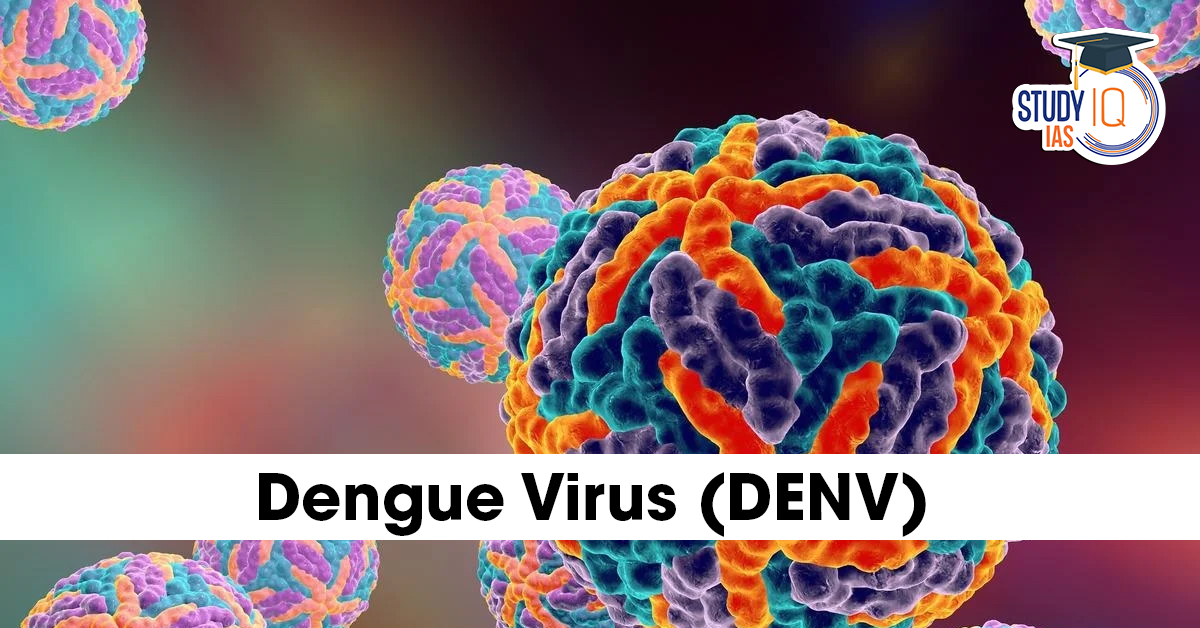
 Advanced Air Defence Radars: Types, Comp...
Advanced Air Defence Radars: Types, Comp...
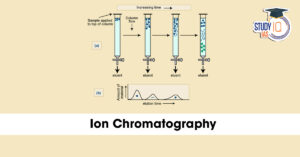 Ion Chromatography, Working and Applicat...
Ion Chromatography, Working and Applicat...
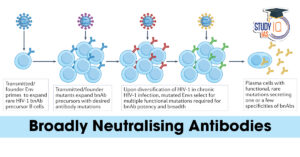 Broadly Neutralising Antibodies (bNAbs):...
Broadly Neutralising Antibodies (bNAbs):...




